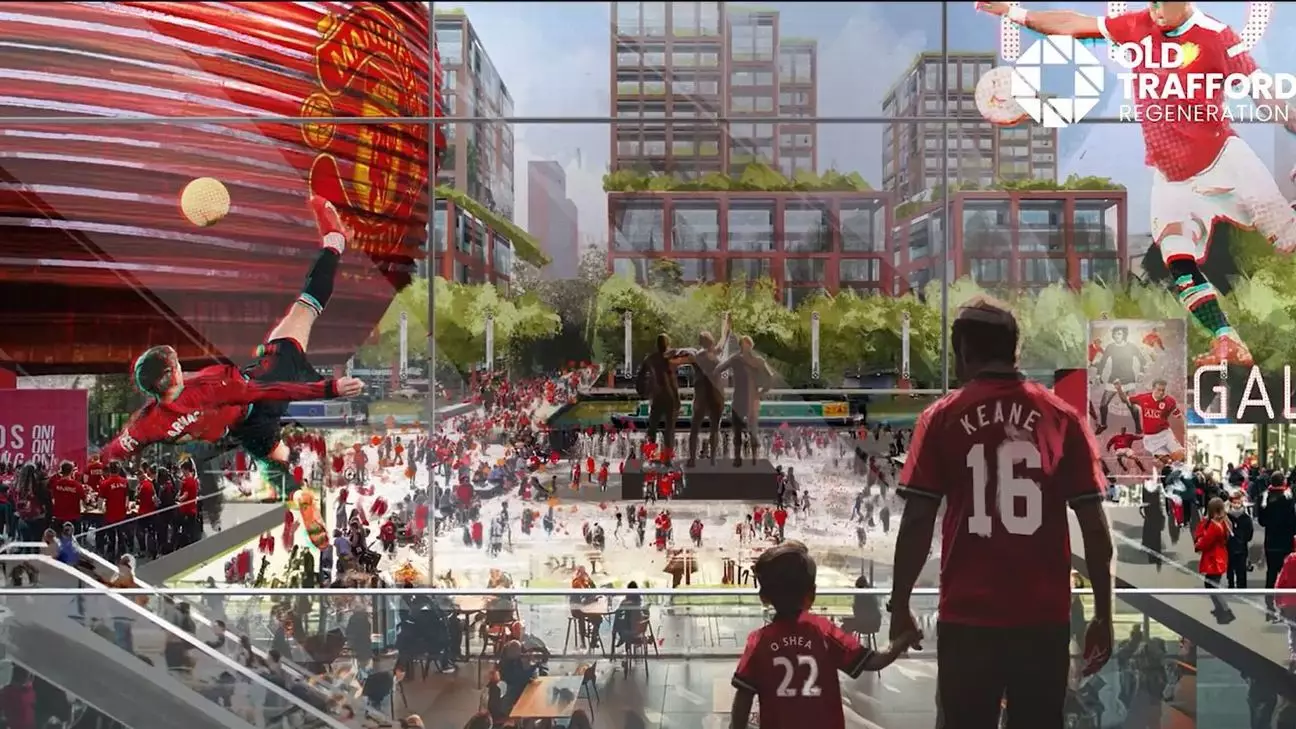In a significant boost for Manchester United, the UK government has indicated its strong support for the club’s plans to redevelop Old Trafford, their historic stadium. Chancellor Rachel Reeves recently announced her commitment to champion the project amidst wider reforms to the UK’s planning framework. This governmental endorsement not only elevates the club’s aspirations but also symbolizes a proactive approach toward urban regeneration in Greater Manchester. The Chancellor’s announcement highlights the potential for the redevelopment project to serve as a blueprint for similar initiatives across the nation, signifying a shift towards embracing growth and development in local communities.
The proposed redevelopment encompasses not just the stadium but aims for a holistic rejuvenation of the Old Trafford area, which includes plans for new housing, commercial spaces, and public amenities. The formation of a mayoral development corporation is also being considered, which would oversee this ambitious project. The benefits of such an initiative extend beyond just the club and its supporters; they promise to invigorate the local economy and provide much-needed infrastructure enhancements. United’s CEO, Omar Berrarda, expressed optimism about the project’s potential to regenerate the region. He emphasized the significance of collaboration among civic leaders, suggesting that with concerted efforts, there lies an extraordinary opportunity to create a transformative landmark that garners pride from the entire Greater Manchester community.
Financial Implications and Strategic Directions
As the club grapples with the financial complexities of this potential undertaking, it remains clear that the responsibility for funding the stadium’s redevelopment will rest with Manchester United. The challenge principally involves financing a new arena versus upgrading the existing one. Reports indicate that the preferred direction leans toward constructing a new 100,000-capacity stadium, an endeavor projected to require an investment exceeding £2 billion ($2.5 billion). This new structure would not only enhance matchday experiences but also testify to United’s commitment to embracing modernity while respecting its storied legacy.
While the powers that be have yet to make a final decision on the stadium’s evolution, the prospects of a new construction herald a potential new chapter in the club’s story. The implications are vast: enhancing the stadium’s capacity, improving facilities, and potentially increasing revenue streams. Nevertheless, this transition must be carefully navigated to respect the heritage that Old Trafford embodies. By considering both renovation and new construction, United is acknowledging the importance of maintaining its historical significance while innovating for future generations.
As Manchester United prepares to announce its preferred development strategy before the summer, stakeholders await with bated breath. The decision promises to be influential not only for the club but also for the surrounding communities, potentially setting a precedent for sports-related urban development in the UK. This project stands to reinforce Manchester United’s identity as more than just a football club; it aspires to be a catalyst for positive regional transformation. In this moment of transformation, the partnership between the club, local authorities, and the community is paramount in steering towards a shared vision of progress and prosperity.

